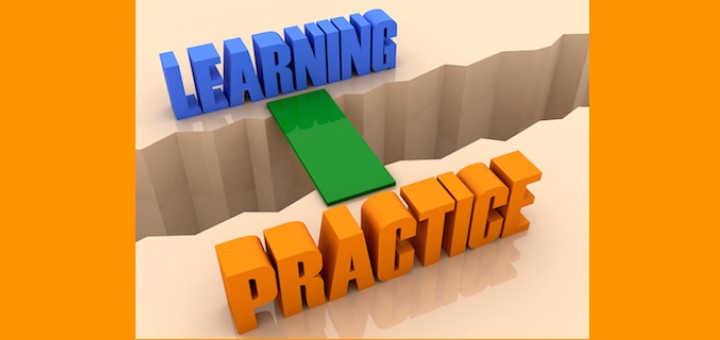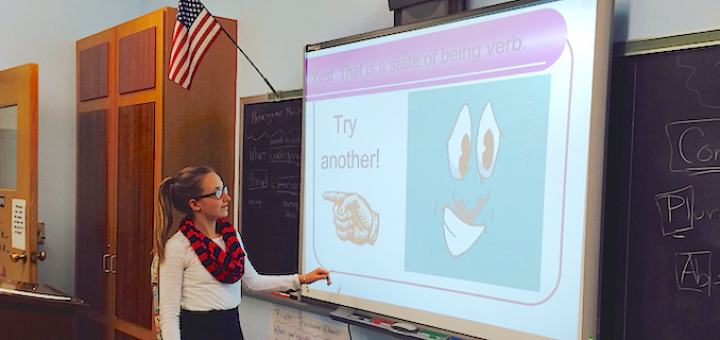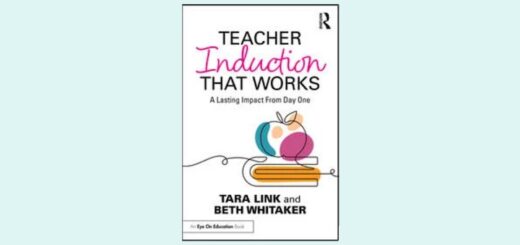Teaching and learning in grades 4-8
When Cheryl Mizerny invited her 6th graders to pursue a “passion project” of their own choosing, she included the option to help someone in need. The results surprised her. “I greatly underestimated my students’ capacity for wanting to make a difference.”
“There is this race to absorb content just in time for the tests,” writes teaching coach Elizabeth Stein. But where is the time inside our secondary schools that students need to really connect to the learning process? Simple answer: there isn’t any.
Anne Jolly takes a closer look at the relationship between STEM and Career and Technical Education. She’s impressed by the spread of middle school CTE programs and highlights the academic, technological and social goals and methods that STEM and CTE share.
For years Amber Chandler has marched her middle school students through Grammar Bootcamp, believing that grammatically correct language is essential to be college and career ready. Now this year’s 7th graders have convinced her there might be a better way.
Todd Whitaker provides school administrators with a fresh approach to improve the culture in their schools, suggesting positive strategies for working with mediocre teachers. Reviewer William Evans wanted more research to support experience-based suggestions.
David N. Perkins’ Future Wise: Educating Our Children for a Changing World is profoundly unsettling in the best way, simply because it gives so many expansive possibilities for making every minute of a student’s day relevant, says reviewer Sarah Cooper.
The authors of Make Just One Change: Teach Students to Ask Their Own Questions provide a thorough rationale and detailed steps to achieve a technique they say can “revolutionize” education. Reviewer Laura Von Staden finds their arguments compelling.
Genre Connections provides teachers with “concrete” advice for helping kids discover different genres in a variety of ways. Tanny McGregor’s suggestions for using art and music are particularly helpful, says reviewer Elisa Waingort.
Kevin Hodgson’s sixth graders study digital citizenship, digital footprints and digital identity, but at an age where friendship often trumps caution, students may be less diligent than adults anticipate when it comes to sharing digital passwords.
New Jersey teacher Mary Tarashuk finds herself in a traffic-snarled “PARCCing lot” waiting for March testing madness to begin. In a new Kids on the Cusp post, she lists her concerns –including a PARCC 4th grade reading test sample that levels at Grade 9.












































